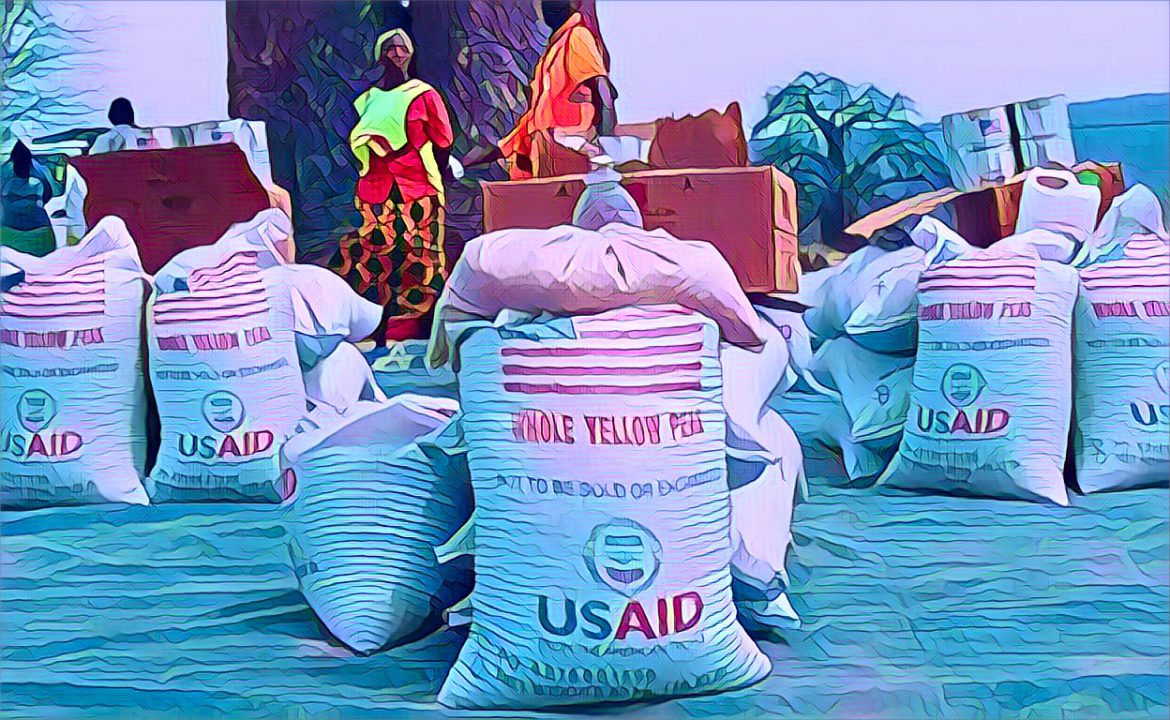In a recent turn of events, July Moyo, the Minister of Local Government, has come under fire for his contentious remarks regarding the potential expulsion of food aid agencies. These comments have sparked controversy and concern among various stakeholders due to the critical role these agencies play in providing assistance to vulnerable populations throughout the nation. The backdrop of this controversy is an El Niño-induced drought that has pushed millions into the grips of hunger, underscoring the essential services provided by these aid organizations.
In an address to the nation, President Emmerson Mnangagwa declared the drought a national disaster, highlighting the urgent need for approximately US$2 billion to prevent widespread starvation. This declaration sheds light on the severity of the situation and the indispensable nature of aid agencies in the ongoing efforts to mitigate hunger across the country.
However, amidst these efforts, the ruling party, Zanu PF, has voiced apprehensions regarding the activities of certain non-governmental organizations (NGOs) engaged in the distribution of food aid. These concerns stem from suspicions of hostility and alleged manipulative practices by some NGOs, which the government fears could undermine its influence, especially in rural areas traditionally considered as its strongholds.
July Moyo’s controversial statement emerged during an event in Buhera, where he ominously warned of “decisive action” against any NGO found to be engaging in practices deemed as “mistreating” or “manipulating” the rural populace. This declaration has raised alarms about the potential repercussions on the vital distribution of food aid, given the critical context of the current crisis.
It has been reported that measures are being taken to closely monitor the activities of food aid agencies, with provincial and district intelligence officers tasked with overseeing their operations. Furthermore, directives have been issued to local leaders of Zanu PF to take an active role in the aid distribution process, indicating a significant level of government intervention and oversight.
Pardon Taodzera, an independent analyst, expressed deep concerns over the government’s stance, suggesting that the fear of losing political influence in its rural strongholds might be driving the government’s apprehensive approach towards NGOs. This perspective is echoed by another analyst, Margaret Makuyana, who emphasized that food aid should be distributed based on need rather than political affiliation. Makuyana argued that threats against NGOs could exacerbate the already dire situation for millions of Zimbabweans facing hunger.
The controversy is further compounded by the introduction of a new law aimed at increasing government oversight over NGOs. This development has sparked debates about the potential stifling of independent humanitarian efforts, with critics arguing that such measures could hinder the ability of aid organizations to operate effectively and impartially.
According to estimates by the World Food Programme (WFP), approximately 2.7 million Zimbabweans are in dire need of food assistance as a result of the drought, a figure that is expected to increase as the crisis unfolds. This statistic highlights the scale of the challenge faced by aid agencies and underscores the importance of their work in addressing the humanitarian needs of the population.
The government’s approach to managing the distribution of food aid has been a contentious issue, with accusations of politicization and resource diversion in the past. These allegations point to a pattern of using food aid as a tool for political leverage, further complicating the efforts of NGOs to provide unbiased and equitable assistance to those in need.
In conclusion, the recent remarks by July Moyo and the subsequent actions taken by the government have ignited a debate on the role of aid agencies in Zimbabwe’s fight against hunger. The critical situation necessitated by the drought and the vital role of these organizations in alleviating the plight of millions highlight the need for a collaborative and apolitical approach to humanitarian aid. As the country grapples with this crisis, the focus must remain on ensuring that aid reaches those most in need, free from political considerations or manipulations.
Source: Newsday


